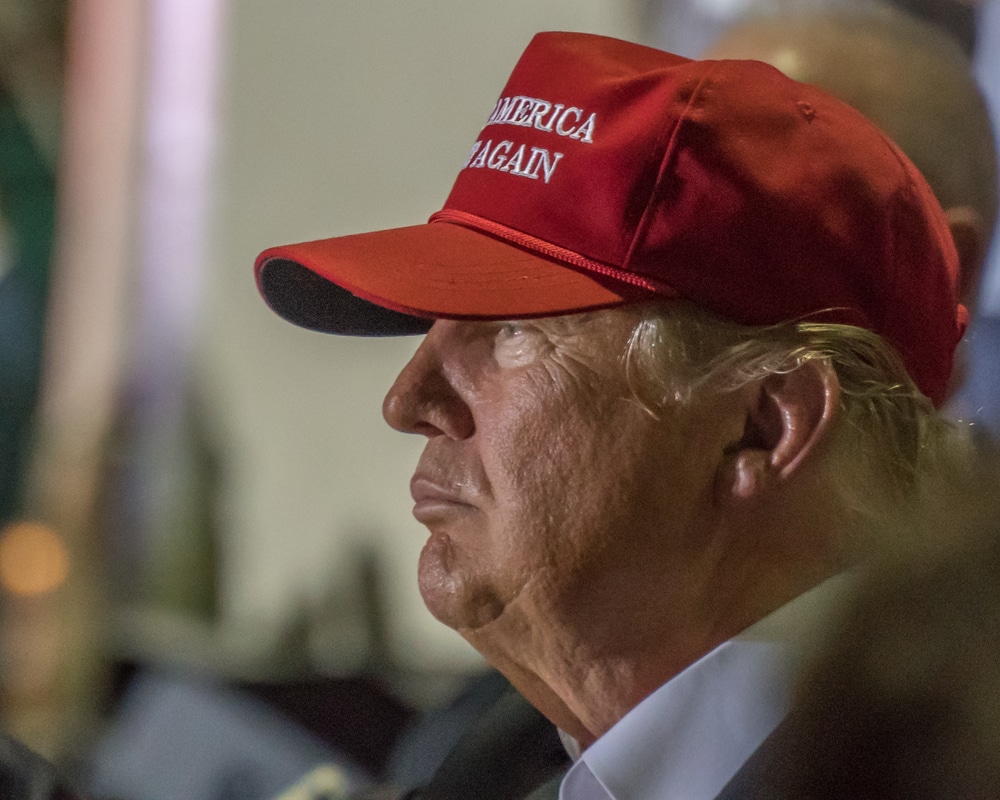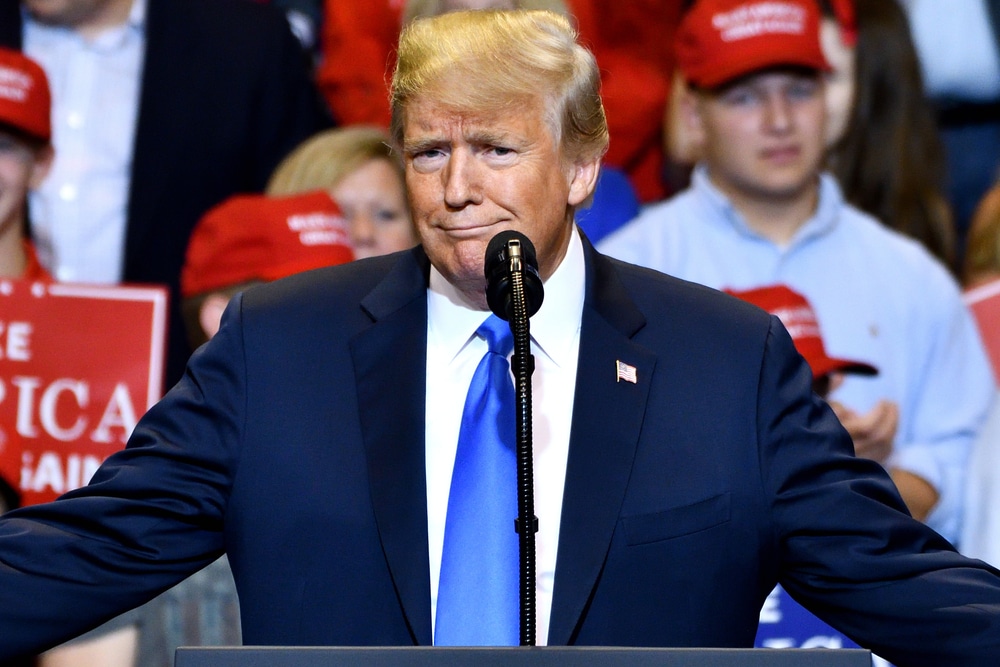There’s a move in Hawaii that could potentially knock Donald Trump off the 2024 presidential election ballot.
Trump’s Candidacy at Risk?

Democrats have proposed a bill aimed at preventing insurrectionists from holding public office, referencing the 14th Amendment. Trump isn’t directly mentioned in the bill, but he might be affected by it due to accusations of being an insurrectionist from the January 6, 2021, Capitol riot.
Hawaii’s Criteria for Candidates
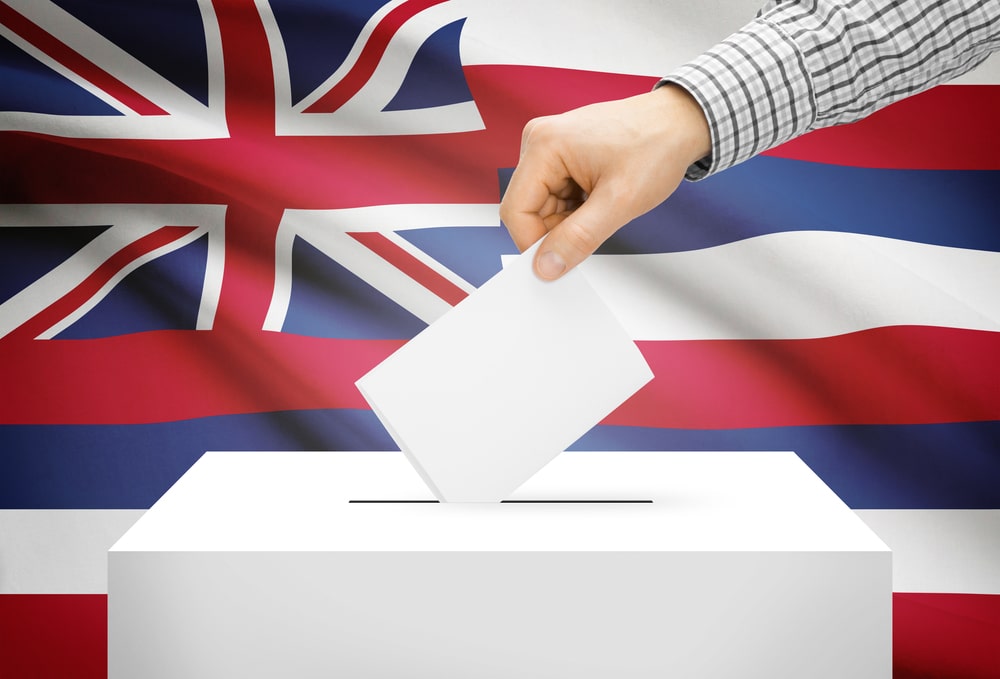
Last week, Senator Karl Rhoads introduced the legislation, which cleared its initial hurdle on Monday. It aims to block those ruled as disqualified by either federal or state supreme courts, according to the 14th Amendment, from being on presidential and vice-presidential nominee ballots for parties.
Integrity in Public Service

The bill read: “The legislature finds that citizens of this State have the right to expect that public servants be people of integrity, and not people who have committed actions that threaten democracy or undermine the vote of the people.”
The Fifty-Seven-Day Rule
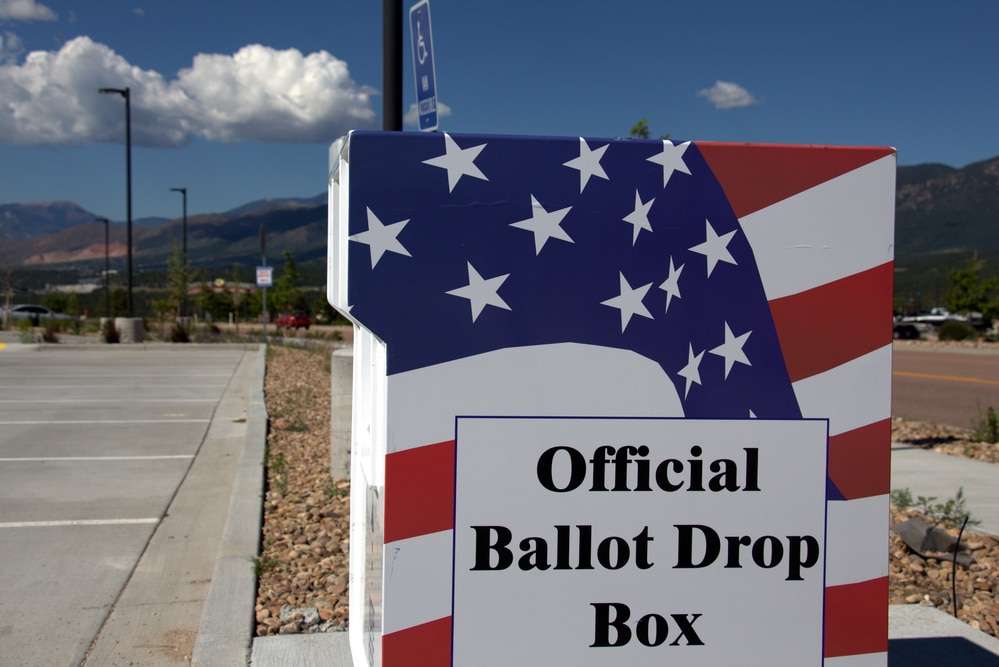
It added: “Any challenge to the inclusion or exclusion of any candidate on a ballot issued by the chief election officer or clerk shall be in writing and, no later than the fifty-seventh day prior to the general election.”
Groundbreaking Ruling

Following the Colorado Supreme Court’s historic ruling that blocks Donald Trump from the state’s 2024 ballot under the insurrection clause of the U.S. Constitution, legal experts anticipate a ripple effect of similar legal actions. The court, in a narrow 4-3 decision, applied Section 3 of the 14th Amendment that prohibits insurrectionists from holding office
Surge in Trump-Related Lawsuits?

Reacting to this, Gerald Griggs, a lawyer and head of Georgia’s NAACP, supported former federal prosecutor Joyce Vance’s view on X (formerly Twitter), indicating a likely surge in related lawsuits across the country.
“This will trigger more lawsuits from other citizens in other States,” Griggs predicted.
Historic Use of 14th Amendment

Notably, the ruling marks the first time Section 3 of the 14th Amendment has been used to disqualify a presidential candidate, and it could influence ongoing appeals in similar cases against Trump in states like New Hampshire, Florida, Minnesota, and Michigan.
Ethics Group’s Appeal Success

The Colorado Supreme Court’s groundbreaking ruling to bar Donald Trump from the state’s 2024 presidential ballot came as a response to an appeal by Citizens for Responsibility and Ethics in Washington and some Republican figures. This followed a lower court’s rejection of their lawsuit, which cited Section 3 of the 14th Amendment.
Amendment’s Ambiguity in Focus
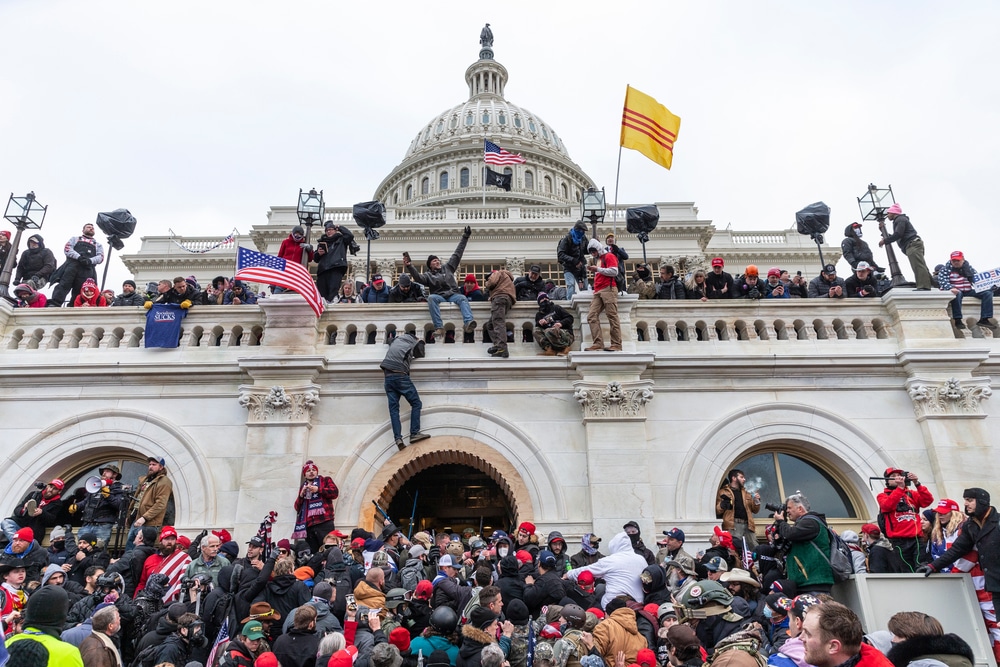
Judge Sarah B. Wallace had recognized Trump’s involvement in the January 6 Capitol incident but maintained he should stay on the ballot, citing the Amendment’s unclear terms about presidential runs.
Supreme Court’s Conscious Ruling

The state Supreme Court, in their ruling, expressed a deep awareness of the case’s significance and their duty to apply the law objectively. We do not reach these conclusions lightly,” the majority justices wrote in an opinion.
The Ballot Battle Continues

Donald Trump has been ruled ineligible for the primary ballots in Maine and Colorado, with both states citing the 14th Amendment. This amendment prohibits insurrectionists from holding public office.
Jan. 6 and Trump’s Fate

The states’ decision stems from Trump’s conduct during the Capitol riot on January 6, 2021. On that day, his supporters stormed the Capitol in an effort to contest the 2020 election results and block the certification of Joe Biden as the winner.
Decisions on Hold
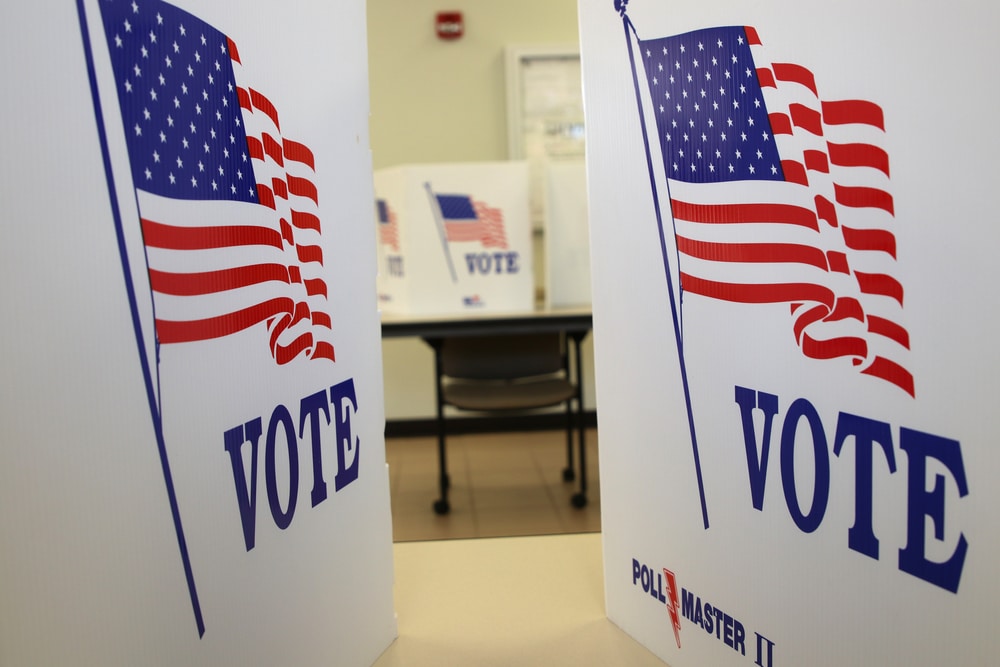
The actions taken by Maine and Colorado to remove Donald Trump from their primary ballots are currently on hold due to appeals. The U.S. Supreme Court is scheduled to hear oral arguments in the Colorado case in early February.
Varied Legal Approaches
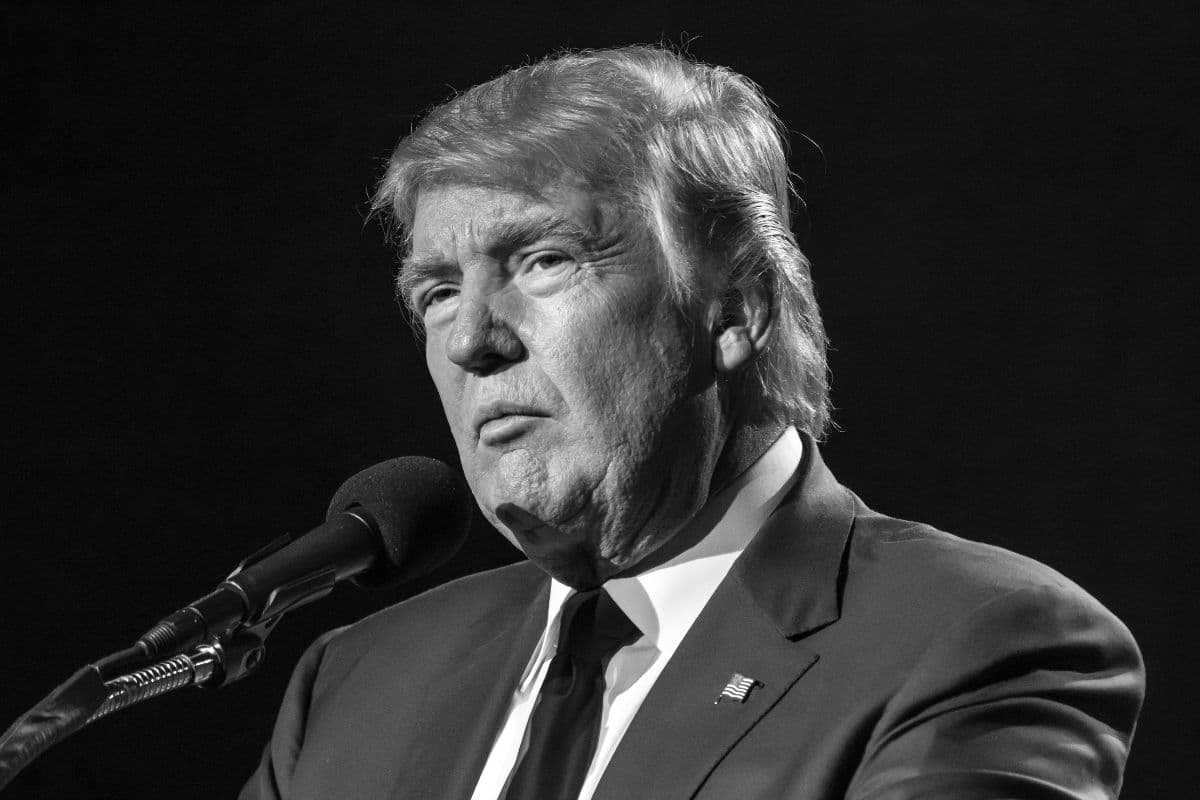
Meanwhile, similar lawsuits in states such as Minnesota, Michigan, Arizona, and Oregon, aimed at disqualifying Trump, have been dismissed on procedural grounds, reflecting the different legal approaches of these states. In Illinois, the State Board of Elections is currently assessing a challenge regarding Trump’s eligibility for the 2024 ballot.
Read Next: What Really Causes Donald Trump’s Skin to be So Orange
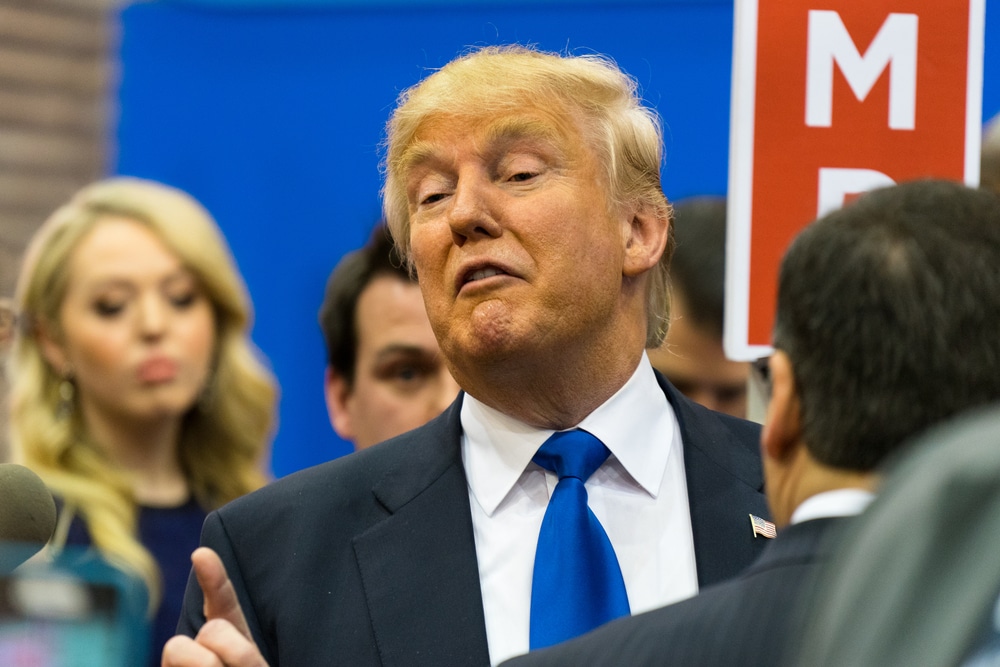
Former President Donald Trump’s distinctive orange skin has captivated attention, sparking curiosity about its evolution from average pale over the years:
What Really Causes Donald Trump’s Skin to be So Orange
Court Finally Unseals Secretive Case of Jan 6 Offender
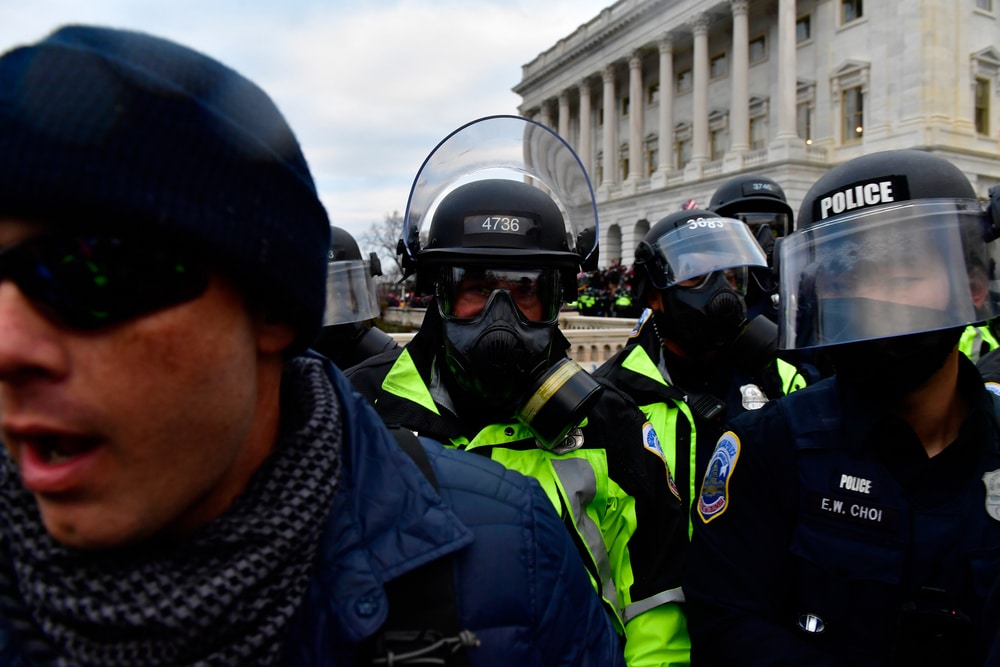
Samuel Lazar sentenced for Jan. 6 insurrection; previously confidential case now revealed: Court Finally Unseals Secretive Case of Jan 6 Offender
Jack Smith continues pushing Judge Cannon, reminding her that “the speedy trial clock” is ticking

Jack Smith urges Judge Aileen Cannon for a speedy trial in a classified documents case involving ex-President Trump: Jack Smith continues pushing Judge Cannon, reminding her that “the speedy trial clock” is ticking
Defamation lawsuit against Kari Lake advances while people compare her to Rudy Giuliani

Kari Lake loses First Amendment right to accuse Maricopa County recorder; Arizona Republic ponders if she’s channeling Rudy Giuliani in her sleep : Defamation lawsuit against Kari Lake advances while people compare her to Rudy Giuliani
More Democrats are flipping in a crucial swing state than Republicans

In Pennsylvania, a significant number of registered Democrats flipping is sending an unflattering signal to President Biden: More Democrats are flipping in a crucial swing state than Republicans






